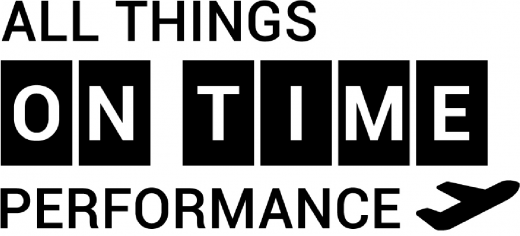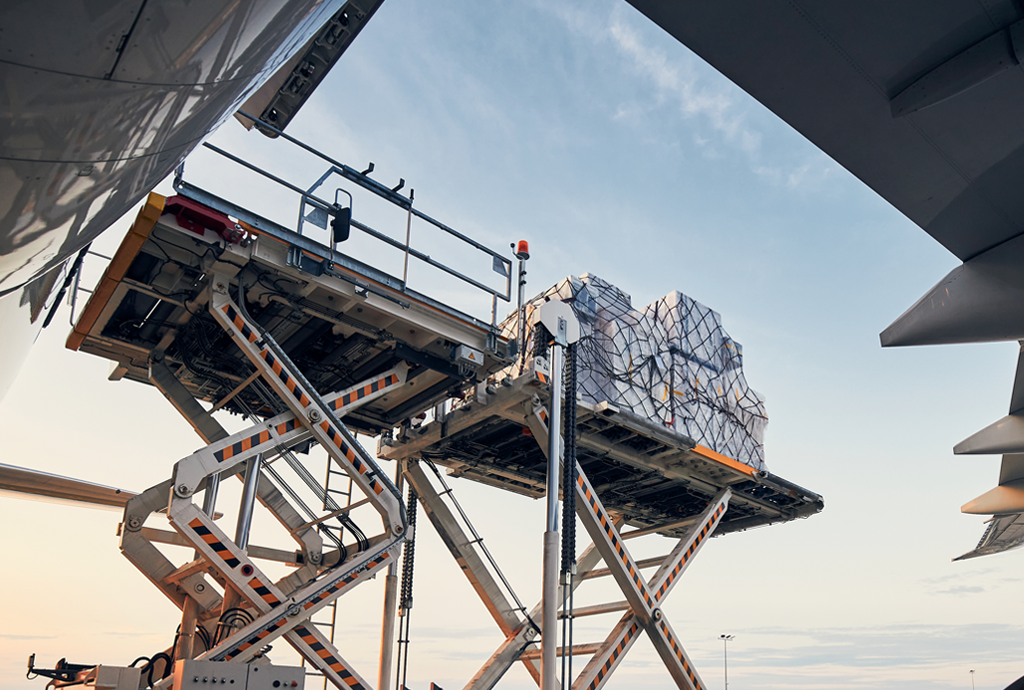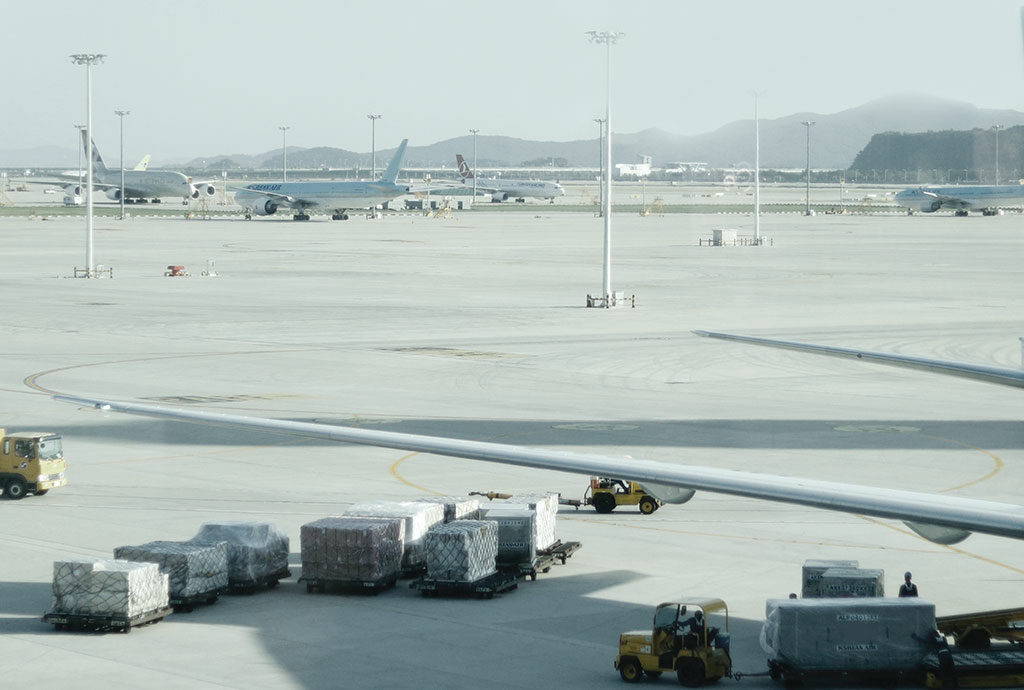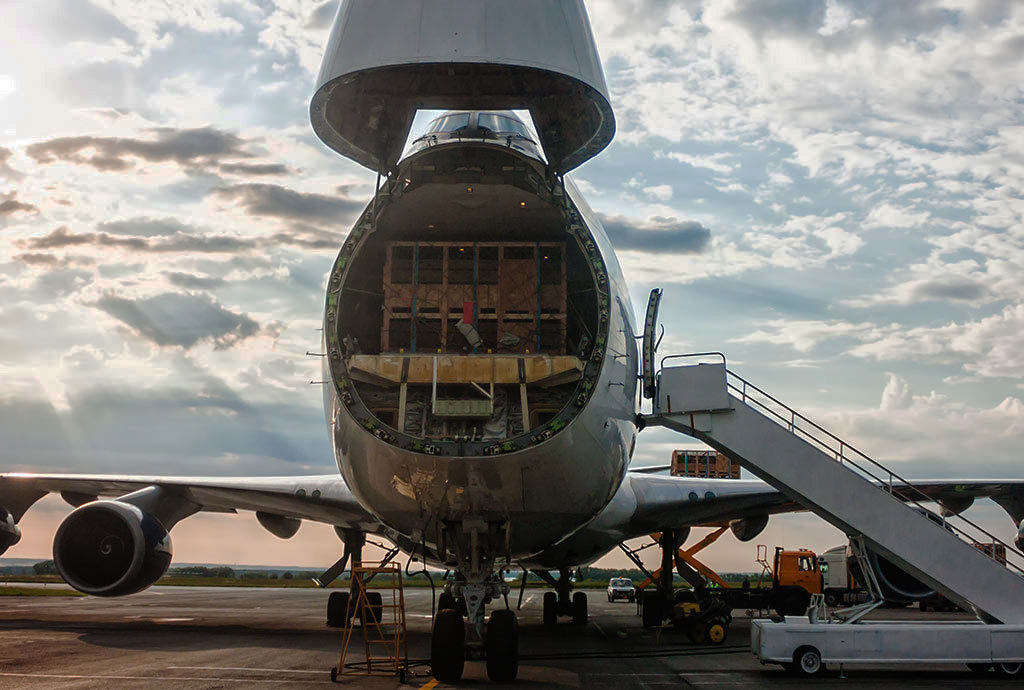Air Cargo Outlook 2025: 5 Key Trends Shaping the Industry
The air cargo outlook for 2025 presents both optimism and challenges. AI and automation drive efficiency, while e-commerce fuels demand—but market saturation looms. Capacity remains tight, sustainability efforts accelerate, and emerging markets expand trade routes. How will these trends shape air cargo? Find out here.
Making Air Cargo Transportation More Sustainable
Every year, over US $6 trillion worth of goods are carried by air, accounting for approximately 35% of world trade by value. Supporting reliable, efficient and cost-effective air cargo transportation is paramount to strong regional economies and the aviation industry’s recovery. A key component to this reality is sustainability. From clean fuel alternatives to leveraging optimization software to enhance resource management – read here some initiatives to make air cargo transportation more sustainable
Air Cargo Recovery and the Pandemic’s Impacts on OTP
The pandemic unleashed an important transformation in the airfreight industry. Major changes have taken place, ranging from the use of the so-called preighters to add capacity, to adopting a renewed focus on on-time performance. Now that air cargo recovery seems closer than ever, airlines see the sector as a key business opportunity. But how bright does air cargo’s future look and what conditions will sustain its growth? Find out in this interview with Swen Franken, Head of Air Cargo and Line Maintenance at INFORM´s Aviation.
Air Cargo Market: What to Expect in the Coming Months
Air cargo remains the bright spot for the aviation industry. In April, IATA reported airfreight volumes continued to increase, and were up by 12% compared to the same month in 2019. However, capacity utilization remains a constraint which may slow down the growth of the global air cargo market. What other factors could be mapping out cargo business for the next months?
4 Post-COVID-19 Strategies For Cost-Efficient Air Cargo Operations
Air cargo is in the spotlight. As the demand for time-critical shipments rises, handling airfreight loads is an opportunity for aviation to offset low passenger revenue. But to keep up with increasing airfreight volumes, the industry needs to move cargo more quickly and efficiently than ever. Read here strategies to improve air cargo operations.
What are the Challenges for Air Cargo Companies in 2021?
With the eyes of the global community turning to the arrival of the COVID-19 vaccine, the aviation industry is gearing up to play a critical role in the distribution of millions of doses of it throughout 2021. From revamping handling procedures to adapting more and more passenger jets for cargo-only flights – what are the challenges for air cargo companies in the upcoming months?
Agile Air Cargo Handling Processes Thanks to Artificial Intelligence
After months of great turbulence, the air cargo industry sees some positive trends. Airfreight demand continued its gradual recovery in October with volumes 3% higher than September. As the global trade peak season is right around the corner, airlines need to prepare for ramping up operations. Read here how AI can facilitate agile air cargo handling processes.
4 Tips for Carriers to Enhance Air Cargo Capacity Utilization
The Coronavirus has brought unprecedented logistical challenges for the global air transport. Border restrictions and reduced travel demand have caused the grounding of approximately 43% of widebody passenger planes. This has impacted the industry severely as jets typically supply 50% of air cargo capacity. Read here what strategies air cargo carriers can follow to deal with current utilization constraints.
Dos and Don’ts For Carrying Cargo On Passenger Aircraft
Following the disruption in travel demand caused by the coronavirus, airlines are using their commercial jets to exclusively transport freight. Since the passenger cabin is not designed for this purpose, carriers have to adapt to a series of regulatory requirements. Read here, what are the Dos and Don´ts for carrying out such operations.
Recommendations for Airfreight Operations during COVID-19
Carrying hope globally – in times of quarantine and social distancing is when people reflect on the importance of air cargo. Thanks to it, essential goods are delivered to places where the closure of processing plants has created shortages. However, regulatory requirements constrain their transportation. Find out here, how airfreight operations can flexibly respond to them.










